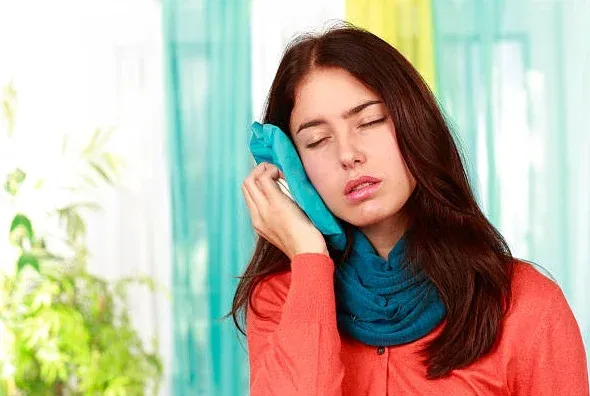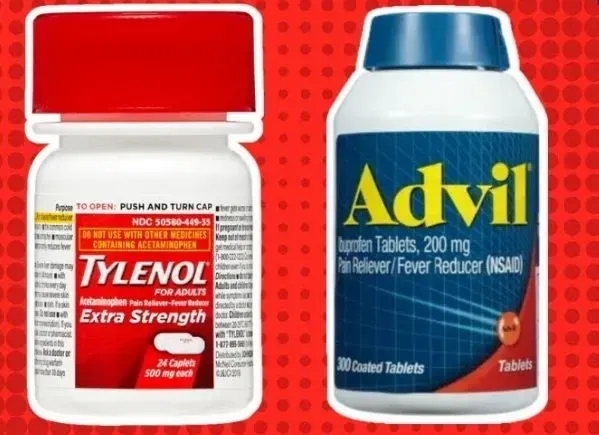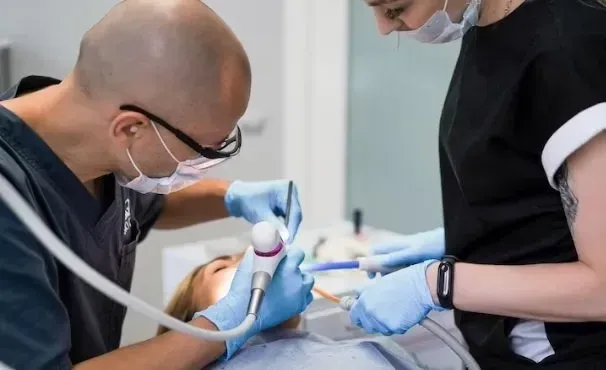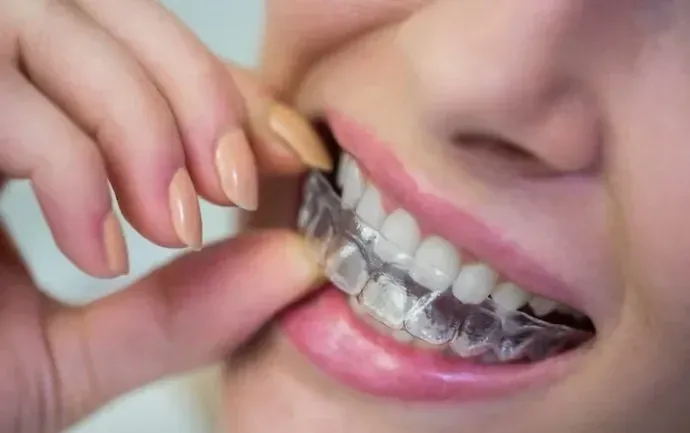Pain 10 Days After Wisdom Teeth Removal: Why It Happens & How to Find Relief in 2026
If you’re experiencing pain 10 days after wisdom teeth removal, you’re not alone. Many patients report…
If you’re experiencing pain 10 days after wisdom teeth removal, you’re not alone. Many patients report lingering discomfort well beyond the first week, and while some pain is normal, it’s important to understand when it signals a problem and what you can do to find relief.
Wisdom tooth extraction is a surgical procedure that requires time for your body to heal completely. While most people feel significantly better within the first few days, the healing process continues beneath the surface for weeks. Let’s explore why you might still be hurting and what steps you can take to feel better.
Is Pain Normal 10 Days After Wisdom Teeth Removal?
The short answer is: it depends. Some mild discomfort or tenderness at the extraction site can be normal as your gums and bone continue to heal. However, if you’re experiencing severe, throbbing, or worsening pain 10 days post-surgery, this could indicate complications such as:
- Dry socket (alveolar osteitis): This occurs when the protective blood clot dislodges or dissolves prematurely, exposing bone and nerves.
- Infection: Bacteria can enter the extraction site, causing swelling, fever, and intense pain.
- Retained bone fragments: Small pieces of bone or tooth may remain in the socket.
- Nerve irritation: Rarely, the nerves near the extraction site can become inflamed.
If your pain is getting worse instead of better, or if you notice pus, a foul taste, or swelling that won’t go down, contact your oral surgeon immediately. For more details on what to expect during recovery, check out our guide on throbbing pain after wisdom teeth removal.
Why it helps: Specially formulated rinses reduce bacteria and soothe inflamed tissue without disrupting healing blood clots.
Why Does the Extraction Site Hurt More at Night?
Many patients notice that their pain intensifies in the evening or when lying down. This isn’t your imagination—there are real physiological reasons behind nighttime discomfort:
Reduced Distractions
During the day, your mind is occupied with work, conversations, and activities. At night, when you’re lying quietly in bed, there’s nothing to distract you from the pain, making it feel more intense.
Increased Blood Flow
When you lie flat, blood flow to your head increases, which can cause the extraction site to throb. This increased circulation brings more inflammatory mediators to the area, heightening your perception of pain.
Medication Wearing Off
If you took pain medication earlier in the day, it may have worn off by bedtime. The gap in pain coverage can make nighttime particularly uncomfortable.
Inflammation Peaks
Your body’s inflammatory response often peaks at night as part of your natural circadian rhythm, which can amplify discomfort.
To combat nighttime pain, try sleeping with your head elevated on two pillows and take your pain medication about 30 minutes before bed. If you’re dealing with ongoing issues, our article on the worst day of pain after wisdom tooth extraction offers additional insights.
Understanding the Healing Process
To better manage your expectations, it helps to understand what’s happening inside your mouth during the days and weeks following extraction:
Days 1-3: Blood Clot Formation
A protective blood clot forms in the socket immediately after extraction. This clot is crucial—it shields the underlying bone and nerve endings while providing a foundation for new tissue growth.
Days 4-7: Granulation Tissue Development
New connective tissue called granulation tissue begins to fill the socket. This tissue is delicate and appears whitish or yellowish, which is completely normal.
Days 8-14: Continued Soft Tissue Healing
By day 10, the gum tissue should be closing over the socket, though you may still feel tenderness. The area might look slightly indented or different from the surrounding gums.
Weeks 3-4 and Beyond: Bone Remodeling
New bone gradually fills in the socket over the next several months. While the surface may look healed, deep healing continues for 3-6 months.
For visual reference on what normal healing should look like, visit our page on tooth extraction healing pictures.
Why it helps: Flexible gel packs conform to your jaw, reducing swelling and numbing pain without the mess of traditional ice.
How to Relieve Pain 10 Days After Wisdom Teeth Removal
If you’re still experiencing discomfort at the 10-day mark, here are evidence-based strategies to help you feel better:
Pain Medication
Over-the-counter options like ibuprofen (Advil) and acetaminophen (Tylenol) can be very effective. In fact, studies show that combining both medications provides superior pain relief compared to either alone. Always follow dosing instructions and consult your dentist if you need something stronger.
Cold and Warm Compresses
For the first 48 hours post-surgery, ice packs help reduce swelling. After day 3, switch to warm compresses, which increase blood flow and promote healing. Apply for 15-20 minutes at a time, several times daily.
Saltwater Rinses
Gentle saltwater rinses (1/2 teaspoon of salt in 8 ounces of warm water) can cleanse the extraction site, reduce bacteria, and soothe inflamed tissue. Do this 3-4 times daily, especially after meals, but avoid vigorous swishing that could dislodge the healing tissue.
Maintain Proper Oral Hygiene
Continue brushing your teeth carefully, avoiding the extraction site for the first few days. After that, you can gently clean around the area. Good hygiene prevents infection, which is a common cause of prolonged pain.
Eat Soft, Nutrient-Rich Foods
Stick to soft foods like yogurt, smoothies, mashed potatoes, scrambled eggs, and soup. Avoid crunchy, spicy, or acidic foods that can irritate the healing tissue. Proper nutrition supports your immune system and speeds recovery.
Stay Hydrated
Drink plenty of water, but avoid using straws—the suction can dislodge blood clots and cause dry socket. Sip directly from a cup or use a spoon for liquids.
Elevate Your Head While Sleeping
Prop yourself up with extra pillows to reduce blood flow to the extraction site and minimize throbbing pain at night.
Avoid Smoking and Alcohol
Both smoking and alcohol consumption can significantly delay healing and increase your risk of complications. If you smoke, this is an excellent time to quit or at least take a break for 1-2 weeks.
When to Call Your Dentist or Oral Surgeon
While some discomfort is expected, certain symptoms warrant immediate professional attention:
- Severe pain that doesn’t respond to medication
- Pain that suddenly worsens after initially improving
- Fever above 101°F (38.3°C)
- Excessive bleeding that doesn’t stop with gentle pressure
- Pus or foul-smelling discharge from the extraction site
- Difficulty swallowing or breathing
- Swelling that increases after day 3
- Numbness or tingling that persists beyond a few days
These symptoms could indicate infection, dry socket, or other complications that require treatment. Don’t hesitate to reach out—your dental team is there to help you through recovery.
Why it helps: Ultra-soft bristles clean your teeth gently without irritating sensitive extraction sites or disrupting healing tissue.
Preventing Complications After Wisdom Teeth Removal
The best way to minimize pain and speed up recovery is to follow your post-operative instructions carefully from day one:
- Bite on gauze as directed immediately after surgery to help clot formation
- Rest for the first 24-48 hours—avoid strenuous activity
- Don’t disturb the extraction site with your tongue, fingers, or objects
- Take all prescribed medications as directed, including antibiotics if given
- Attend your follow-up appointment so your dentist can monitor healing
For comprehensive guidance on what to expect during the entire recovery period, read our detailed article on side effects of wisdom tooth extraction.
Final Thoughts: Listen to Your Body
Pain 10 days after wisdom teeth removal can be concerning, but it’s not always a sign of serious trouble. Mild discomfort as your tissues continue to heal is normal, especially if you’re still adjusting your diet and activity levels. However, severe or worsening pain deserves professional evaluation.
Remember that everyone heals at their own pace. Factors like your age, overall health, the complexity of the extraction, and how well you follow post-operative care instructions all play a role in your recovery timeline.
Be patient with yourself, stay in communication with your dental team, and don’t hesitate to seek help if something doesn’t feel right. With proper care and attention, you’ll be back to normal before you know it—and you’ll have one less thing to worry about when it comes to your oral health in 2026.







